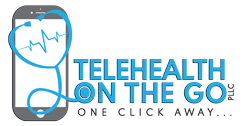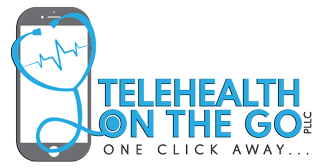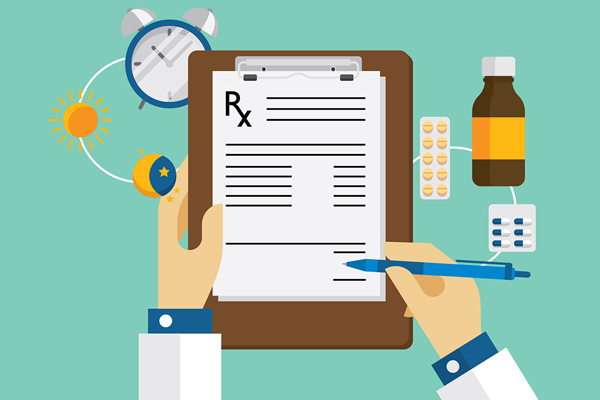Pros include:
- It’s effective
- It can speed up your rate of recovery
- It can provide the equilibrium needed for successful therapy
- It can improve your quality of life
- It can address biological triggers
Cons include:
- It can come with side effects
- It requires medication management
- It can take a while to find the right dosage
- It can come with some social stigma
Antidepressants
Antidepressants are by far the most widely used psychiatric medications. These medications not only address symptoms of depression but also can work with symptoms of anxiety or attention deficit. Some antidepressants you may learn about include:
- Fluoxetine
- Venlafaxine
- Duloxetine
- Citalopram
Anti-Anxiety Medications
In acute or chronic cases of anxiety disorder, psychiatrists may prescribe anti-anxiety meds. Common anti-anxiety meds include:
- Gabapentin
- Buspirone
- Vistaril
Antipsychotics
Antipsychotics sound frightening, but they do other things beyond treating psychosis. Antipsychotics are effective in treating PTSD, eating disorders, and even OCD. Common antipsychotics include:
- Ziprasidone (Geodon)
- Aripiprazole (Abilify)
- Lurasidone (Latuda)
MOOD STABILIZERS
Mood stabilizers are medicines that treat and prevent highs (mania) and lows (depression). They also help to keep your moods from interfering with work, school, or your social life.
- Carbamazepine (Carbatrol, Epitol, Equetro, Tegretol)
- Divalproex sodium (Depakote)
- Lamotrigine (Lamictal)
- Lithium
- Valproic acid (Depakene)


